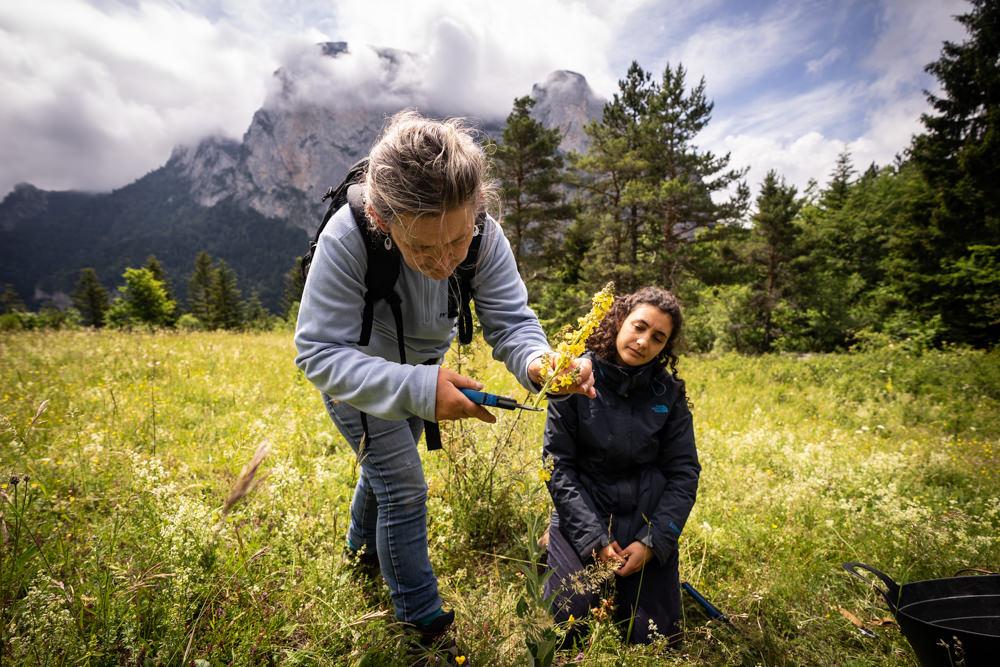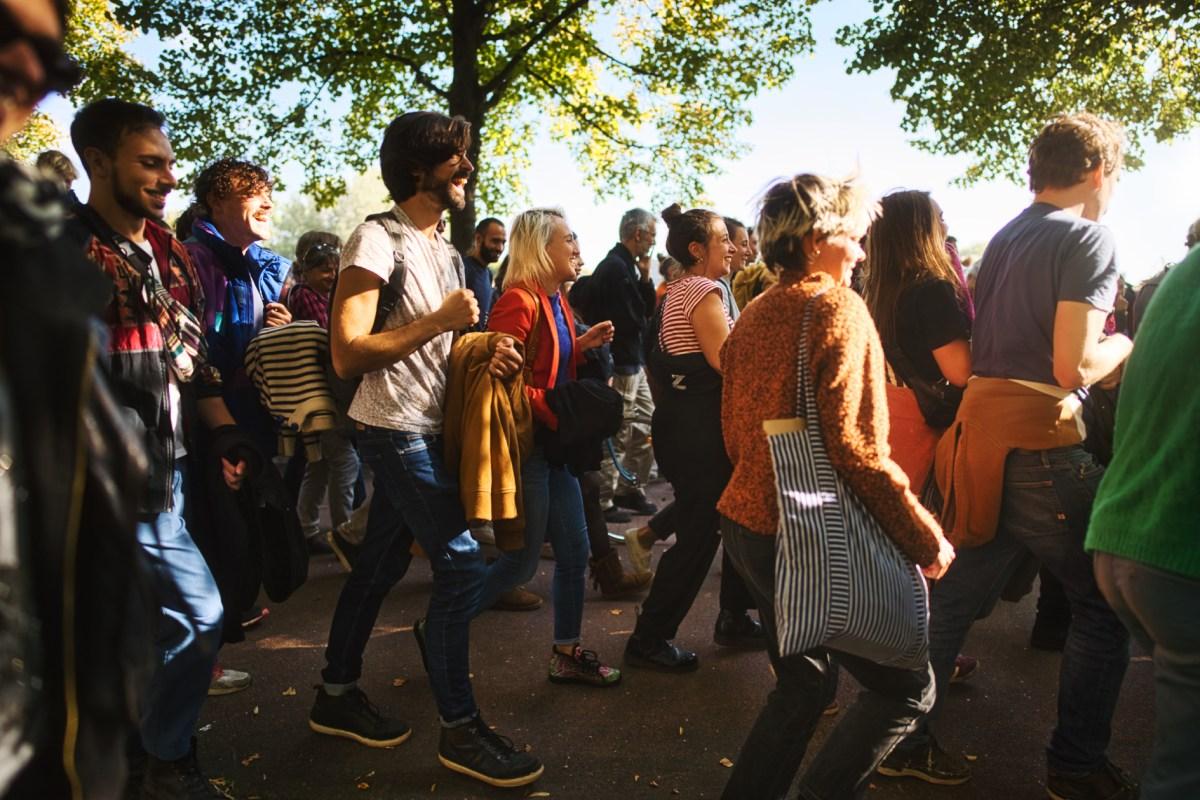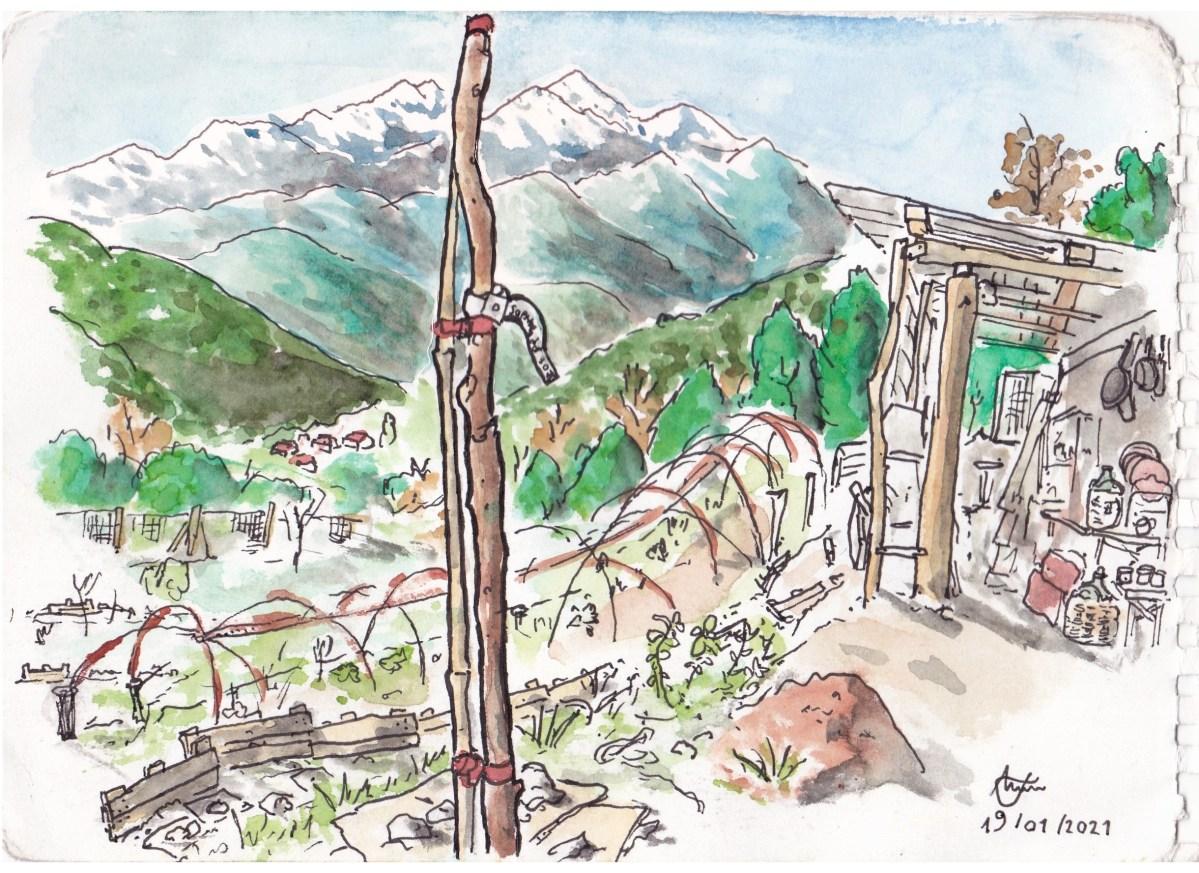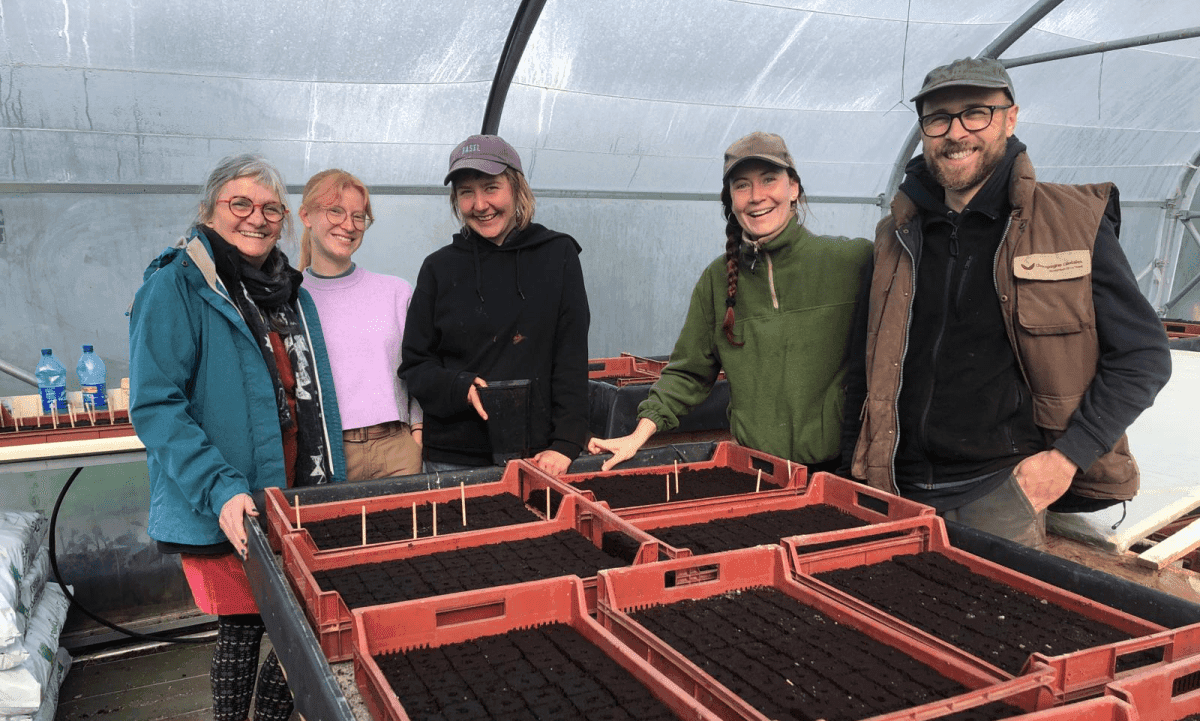
Why WWOOFing Is NOT Work in Exchange for Meals and Board
Contrary to popular belief, WWOOFing is not volunteer labor for accommodation and a holiday. A WWOOFer should have a genuine interest in "agroecology" or ecological farming practices to learn about the host's work and to share in their lifestyle. Likewise, hosts must express a sincere desire to share their expertise in organic farming. Accommodation merely becomes a means for an educational approach in teaching and learning about a more sustainable way of life.
Anja from Germany on "Feeling Part of the Family"

I WWOOFed several times all over France—near Paris, in Eastern France and then in the south close to Spain—and the work has been different every time. At some farms I learned how to take care of animals and at others I worked in the garden and we would go to market. One host taught me a lot about eco-construction and we even built a little house with sand and mud...who knew?! His vision was to start an eco-village and not only was it really cool to learn about but also to help him literally 'build' his sustainable dream.
Out of all the places I went to, I was never made to feel like a mere ‘worker.’ The hosts include you in almost anything and everything you want to be a part of. It’s very enriching! From the beginning I felt like part of the family. I cooked with them, sometimes a host would take me to visit a castle or go for a swim at the beach, and one time a host even invited me on their family vacation. We went to their parents’ home in the mountains where we did lots of diverse activities together like going on hikes.
You would not do that at a place where you just work for food and board. It’s really something you do not only as guest in their home, but also as a part of their family.
Visit the farm of Anja's host, Centre de bien-être holistique.
Terri, English Host in Provence, on the Importance of Teaching and Learning

I come from a teaching background and you could say that is still my approach to WWOOFing—very hands on. We believe it is important that we work with the WWOOFers and don’t just give them a job to do and leave them to it. Whether it's cutting the lavender, or extracting the honey, we never want them to feel like unpaid workers. It's about about sharing in every sense of the word, even the work. That way there is a mutual respect.
After all, it's not just an exchange of labor—it's an exchange of knowledge, an exchange of culture, and an exchange of lifestyles.
Curiosity is one of the most important qualities a WWOOFer can have. The ones who come here are usually very curious and interested in farming, the land, the environment. So naturally they want to learn and as I host I think it is important to take the time to teach them things.
After all, it's not just an exchange of labor—it's an exchange of knowledge, an exchange of culture, and an exchange of lifestyles.
There is also support that goes on between everyone like a small community. It's a discovery of new ways of being; its simply a melting pot.
Visit the farm of Terri and Bernard, Mas de Villetelle.
Spencer on "Living Culturally Diverse Experiences"

I WWOOFed just northeast of Lyon for about six weeks with a culturally diverse family of four. They raised wallabies and taught people from all over how to care for these exotic marsupials. That was my main job during my stay—to maintain the animals. I also learned so much about wallabies like their herd mentality and breeding tactics. I had never seen anything like it!
You see the fruits of your labor in the exchanges that you allow yourself to have when WWOOFing.
The learning doesn’t stop with the work that you contribute. For me, it continued with the deep cultural exchanges I would have with my hosts and playing with the kids. They told me stories about everything—like how they met and got married. Likewise, they were interested to know about my life in the United States, what the family dynamics are, and what it was like growing up in the mountains of Colorado.
At the end of my stay, the dad took me to a historical paleontology vineyard where we spent the day and I had the best glass of wine I've ever tasted. It was a bonding experience for us and I got an all encompassing feeling of, “Wow, this is my life!” You see the fruits of your labor in the exchanges that you allow yourself to have when WWOOFing. I still maintain a relationship with my hosts and will never forget the stories and experiences we shared with one another.
Check out the farm where Spencer WWOOFed, La Petite Ferme.
Whether you are a WWOOFer or host, before you hop on board for your first adventure you should take the time to read WWOOF's Code of Conduct to have the best WWOOFing experience possible!
Lire davantage
Une fois par saison, l'actualité du WWOOFing par email


